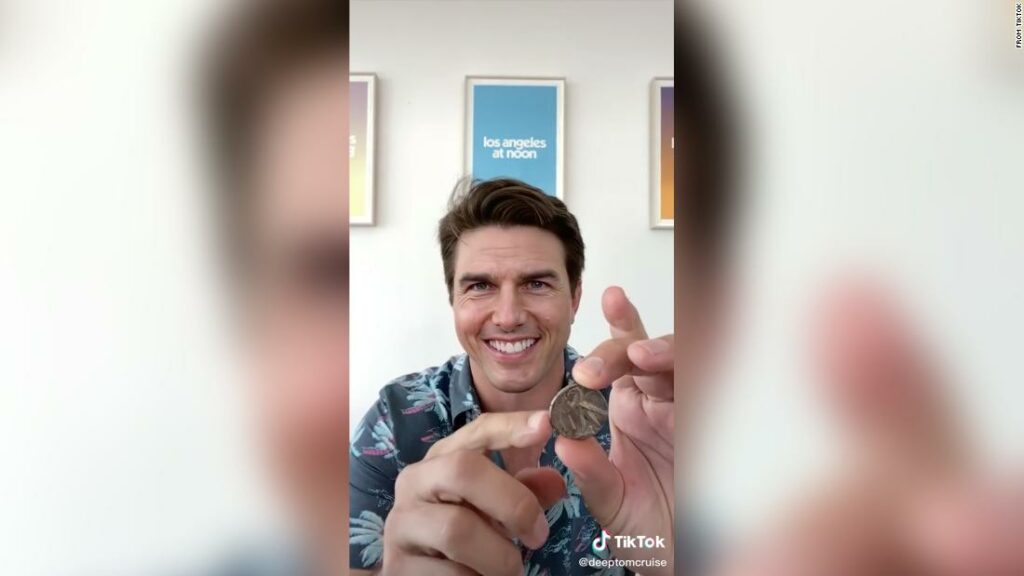How a deepfake Tom Cruise on TikTok turned into a very real AI company

In one video, Despite the movie star hair, the eye-squinting and that trademark teeth-baring cackle, it wasn’t really Cruise. The 10 videos, which were posted between February and June, featured an artificial intelligence-generated doppelganger meant to look and sound like him. The deepfakes — a combination of the terms “deep learning” and “fake” — were created by visual and AI effects artist Chris Umé with the help of a Cruise stand-in, actor Nick Diakopoulos, an associate professor in communication studies and computer science at Northwestern University, thinks we can look to existing media for some hints. If you’re watching a blockbuster hit at a movie theater, you’re used to seeing reality blended with special effects, and you understand that ads — such as the one that Metaphysic worked on for Gillette — are meant to be highly manipulative. But deepfakes could also be personalized to appeal to people in different demographic groups, he pointed out, or a celebrity you see endorsing a product in a deepfake ad may be chosen to match your interests. In these situations, he thinks a disclosure might be necessary so the viewer doesn’t feel manipulated.”I think these ethics questions are really tricky because there aren’t hard and fast rules where you can draw a bright line and say, ‘We’re never going to cross this line’,” Diakopoulos said.Umé, who’s based in Bangkok, and his cofounders at Metaphysic — Umé’s brother, Kevin, who’s in Belgium, and Graham — stressed that they’re trying to be mindful of the need for guardrails on this AI-driven technology. That is, they want to make sure it’s used ethically and appropriately.The company is working directly with clients who want deepfakes and using its own technology so it knows it has some control over the output, Graham said. Additionally, it requires consent of the subject for commercial projects. The concerns are timely, following the revelation that a new documentary about Bourdain contained three bits of AI-generated dialogue that appeared to be of him speaking. The use of AI was not initially made clear to viewers and Bourdain’s separated wife later spoke out against it on Twitter. (CNN co-produced the documentary with HBO Max; both have the same parent company, WarnerMedia.)Umé hasn’t heard any complaints from Cruise or the other celebrities he has parodied using AI. He said he did reach out to Cruise’s management, offering to take down the videos and hand over control of the TikTok account if Cruise didn’t approve of what they were doing. Umé said he simply got a response indicating the message had been received. Cruise hasn’t publicly commented on the deepfakes, and representatives for Cruise did not respond to CNN Business’ requests for comment. Due to Cruise’s status as a public figure, and the fact that the videos are lighthearted parodies, they appear not to run afoul of a TikTok rule that prohibits “synthetic or manipulated content that misleads users by distorting the truth of events in a way that could cause harm.” “If any of these celebrities would ever feel bad about what I’m making, I’ll be the first one to take it down because that’s not my intent,” Umé said. “But I like to mesmerize people.” Meanwhile, on TikTok, the deeptomcruise account has added deepfakes of other celebrities, including, a video of singer Mariah Carey in late July. Clad in black leather while sitting on a motorcycle, she dons a black helmet with cat ears.”Bet you never thought you’d see this, huh?” she says with a smile, before peeling out of a parking lot.







